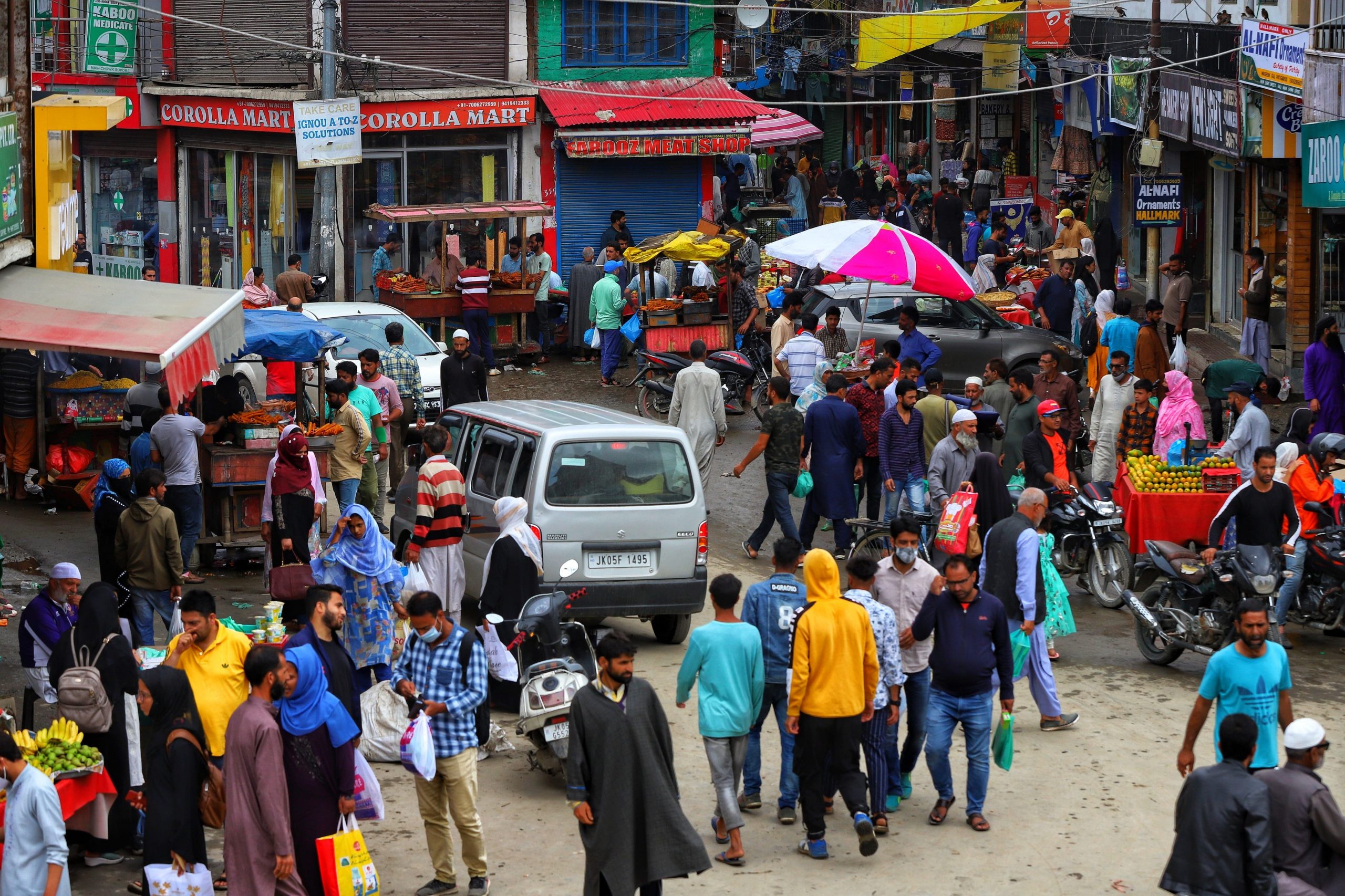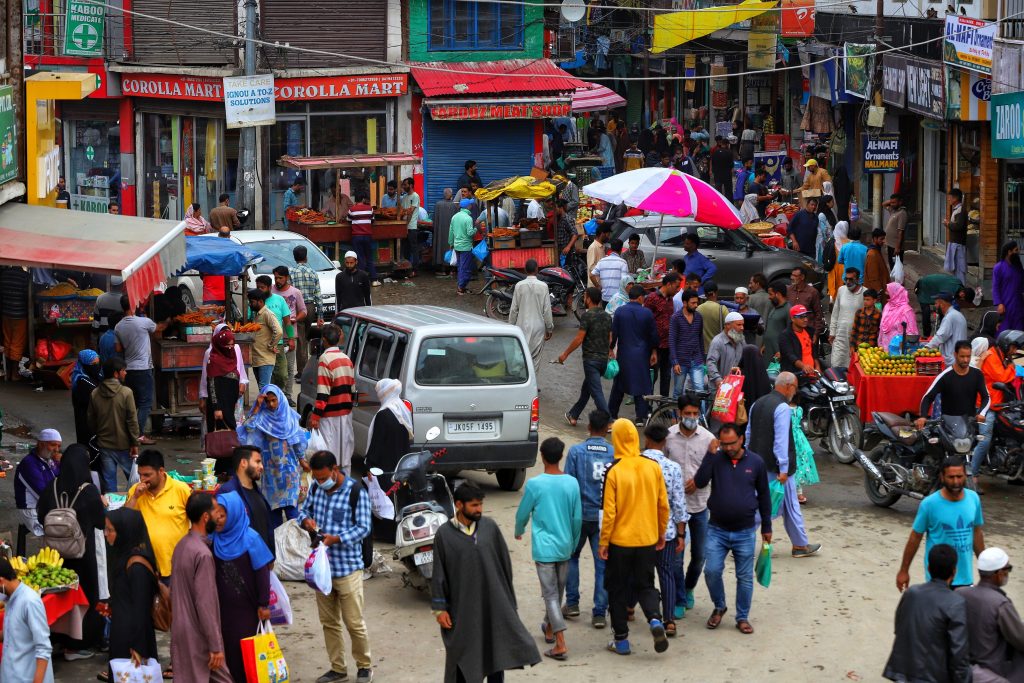
Nasir Kachroo/NurPhoto via Getty Images
- Two-thirds of India's population has developed some immunity to COVID-19, a national survey found.
- Health authorities say this represents hope for the nation, but warned that one in three Indians are still susceptible to the virus.
- Based on the survey, 67.6% of the 28,975 people tested had COVID-19 antibodies.
- Visit Insider's homepage for more stories.
Two-thirds of India's population has developed antibodies against COVID-19, an indication of some level of immunity against the coronavirus, according to the country's latest national blood serum survey.
The findings are a "ray of hope" for the virus-battered nation, said Indian Council for Medical Research Director General Balram Bhargava on Tuesday.
But he also warned that India must continue with COVID-19 measures and not be complacent, as one in three Indians – or 400 million of its 1.38 billion total population – are still susceptible to infections.
The survey was conducted by health authorities from late June to early July, testing 28,975 people above the age of six in 70 districts across 21 states, reported local media. Of these, 67.6% were found to have antibodies, a massive surge from 25% in India's previous survey carried out from December 2020 to January this year.
Antibodies, according to the CDC, "are proteins created by your immune system that help you fight off infections. They are made after you have been infected or have been vaccinated against an infection."
While it's unclear how long COVID antibodies last, a study published on Tuesday in the journal Nature Communications, reported finding antibodies in nearly 99% of all its study participants nine months after infection.
India has faced two brutal waves of COVID-19 that claimed more than 418,000 lives and saw around 31 million infections. Its second wave in May was especially catastrophic due to the Delta variant, pushing the nation's healthcare system to the brink and overwhelming crematoriums that could not burn corpses fast enough.
There are two reasons for the rise in antibodies among India's population - its second wave of infections and its vaccination drive, said health officials per The Times of India.
But there are still worries of a third wave that could sweep that nation. India has still not reached herd immunity, and the nation is still vulnerable to a spike in infections, said Dr. V. K. Paul, a member of the government's National Institution for Transforming India, last Friday.
"The next 100 days are critical for the fight against Covid-19 in India," he said.
Several state governments have also come under fire recently for relaxing restrictions to allow mass religious events. After the Indian supreme court stepped in, some local authorities decided to cancel relaxations for annual events such as this week's Muslim festival of Bakrid, or Eid al-Adha, and the Hindu pilgrimage of Kanwar Yatra.
